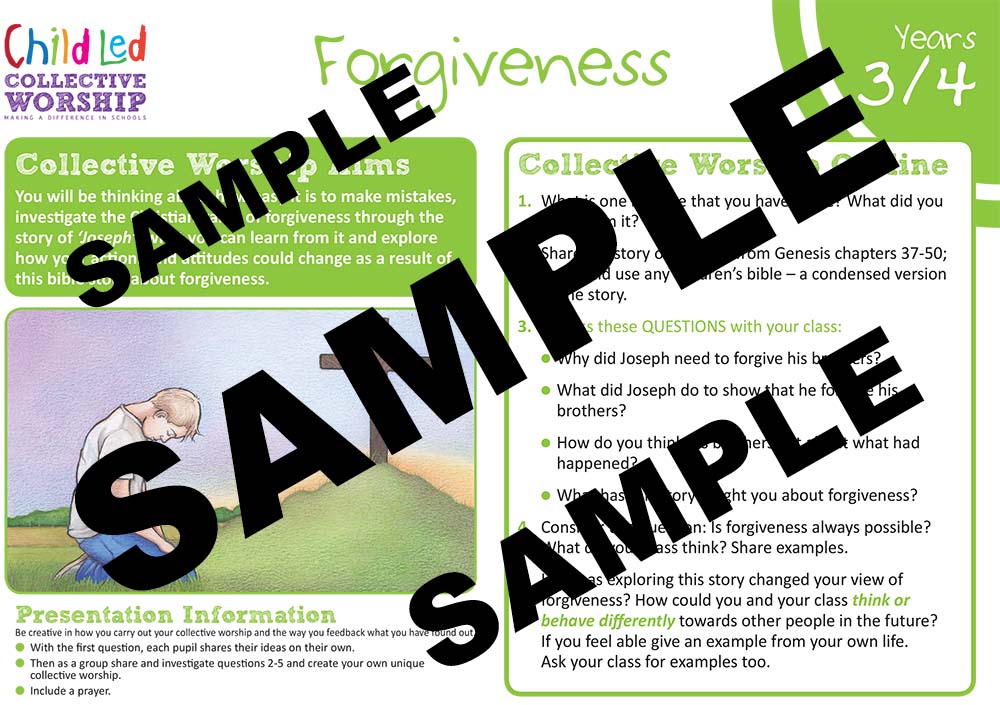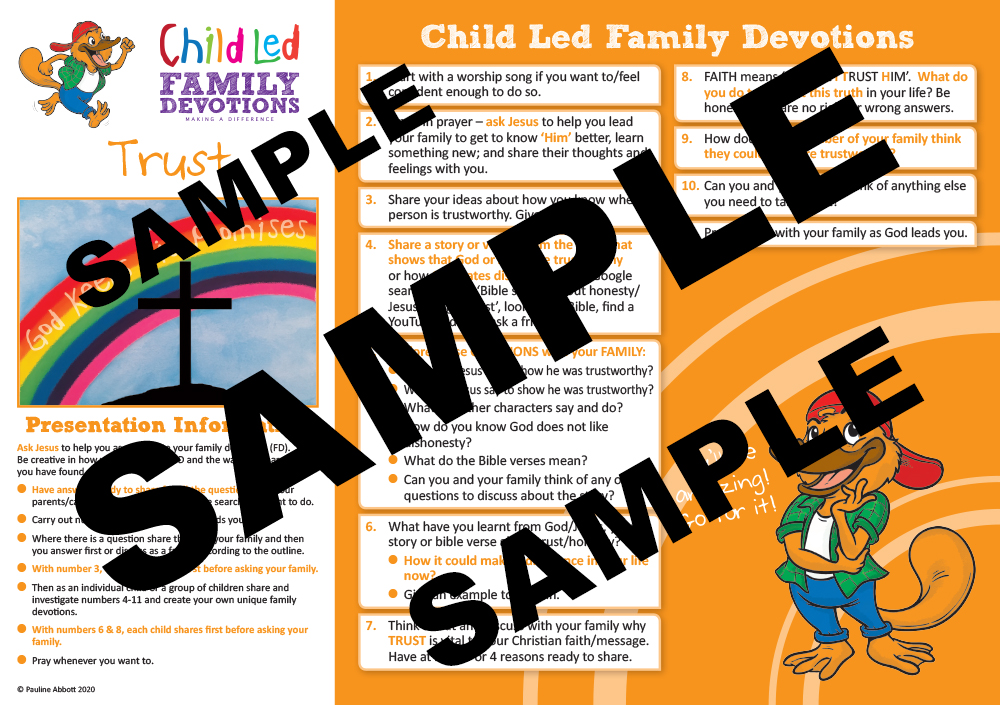Pauline Abbott explains the challenges of theological education in schools that inspired her to create Child-Led Collective Worship.
I believe passionately that children receive numerous benefits from their theological education that they carry throughout their lives. Beyond the obvious enrichment of bible and religious knowledge, children learn about many aspects of life that are rarely taught directly in schools:
- Self confidence
- Self esteem
- Self-reliance
- Morality
- Forgiveness
- Compassion
- Resilience
These critical life skills are often under-represented in mainstream education and at home, so I think the importance of religious education in schools is growing.
Just like all aspects of education, the effectiveness of religious education must be reviewed and questioned on a regular basis. The digital age means that attention spans are getting shorter and religious education must adjust to this cultural shift.
Passive education
In my view, the passive teaching of religion is no longer sufficient to capture the imagination of our children. For children to retain and benefit from the information they are taught, they need to be emotionally involved with it. They need to feel and see the benefits and in my view, the way to achieve this is by encouraging ownership and interaction.
This is why I have created Child Led Collective Worship (CLCW). Rather than simply relaying information to our children, CLCW puts children in control of their worship sessions. It enables them to explore complex and vital issues such as responsibility and trust, with their peers. The tools and structure of CLCW are designed to allow freedom of thought and expression with enough of a helping hand to ensure worship sessions stay focused.




